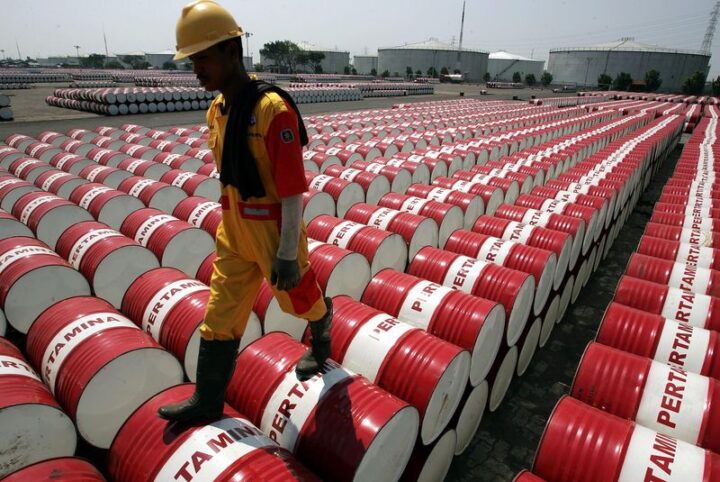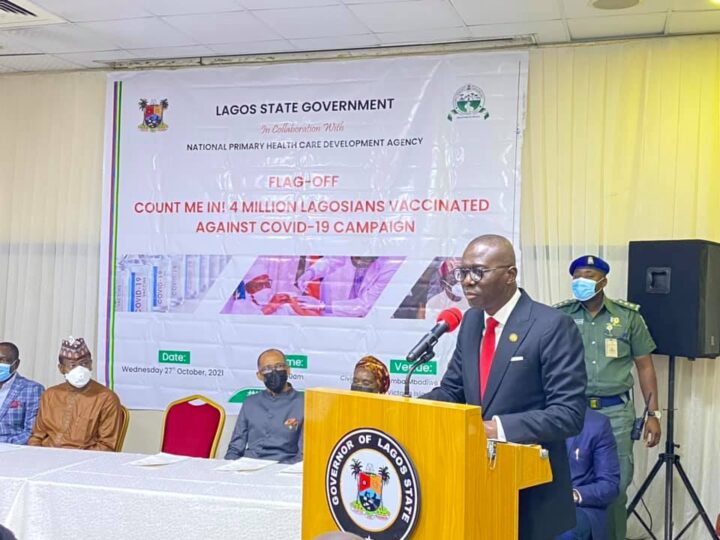The Major Oil Marketers Association of Nigeria (MOMAN) has asked the Nigerian Midstream and Downstream Petroleum Regulatory Authority (NMDPRA) to engage with industry stakeholders for effective implementation of the Petroleum Industry Act (PIA).
Clement Isong, executive secretary of MOMAN, said this on Wednesday during a panel session at the 15th Oil Trading and Logistics (OTL) Africa Petroleum Downstream Week 2021 in Lagos.
In August, President Muhammadu Buhari approved a nine-member steering committee headed by Timipre Sylva, minister of state for petroleum resources, to ensure PIA implementation.
“The downstream oil and gas sector, through the PIA, has a golden opportunity to achieve sustainability and economic growth,” NAN quoted Isong as saying.
Advertisement
“What is needed now is leadership because the role of the regulator is vital in achieving this clear vision for the sector.
“The authority has the duty to regulate the technical and commercial operations in the downstream sector to promote and optimise natural resources, revenue and economic growth.
“The authority needs to play the role history demands of it by protecting the market, industry and the common man.
Advertisement
“Engagement with the industry is key. To ensure guaranteed transparency, the authority must engage with the industry and the industry must engage with the authority.”
According to him, the Nigerian downstream sector is geared towards positioning the country competitively as an investment destination.
He said the NMDPRA must strive to provide a level-playing field, guard against the negative effects of a monopoly and encourage inflows – both domestic and international, from private sector investments.
Isong added that the implementation of the PIA was now more critical than the law itself.
Advertisement
“Petroleum products’ pricing needs to be right. We need to eliminate pricing distortions and create a competitive market for the sale and distribution of petroleum products and natural gas,” he said.
“Price competition will over time lead to innovation which should reduce logistics and distribution costs.
“The pricing strategy needs to take into consideration freight, ship to ship, landing costs, jetty throughput charges and storage costs.
“We need to also eliminate cross-subsidies among different categories of consumers and across different parts of the country.
Advertisement
“Price competition should and will drive internal equalisation of petroleum prices.”
Advertisement
Add a comment






